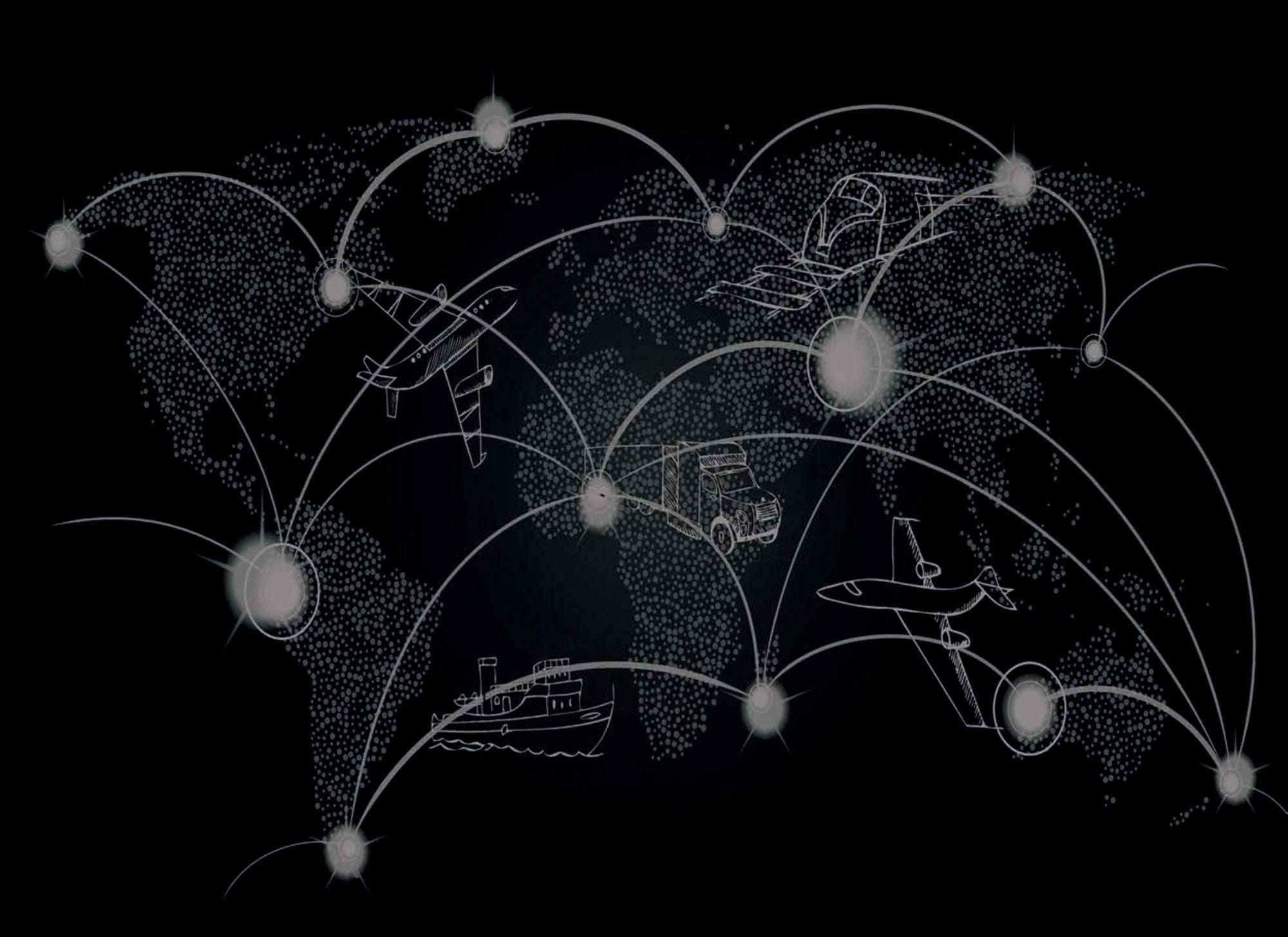Illicit trade in fake goods is a significant and growing threat in a globalised and innovation-driven economy. Its damaging effects on governance, innovation, the rule of law and, ultimately, on democracy cannot be underestimated.
In recent years the OECD and the EU Intellectual Property Office (EUIPO) have been collecting evidence on various aspects of this risk. The results have been published in a set of reports starting with Trade in Counterfeit and Pirated Goods: Mapping the Economic Impact (2016). These results have since been expanded and updated in subsequent reports, including Mapping the Real Routes of Trade in Fake Goods (2017) and Trends in Trade in Counterfeit and Pirated Goods (2019). The present report uses a tailored, statistical methodology, originally developed for a 2008 OECD study. It provides an update using the most recent data (from 2019) on trade in counterfeit goods. It also provides a snapshot of recent trends under the COVID-19 pandemic, based on a set of in-depth online dialogues and structured interviews with experts from enforcement and industry communities. Such an update is critical; not only for better understanding this threat, but also for developing effective governance responses to support post-COVID recovery.
The results are a cause for concern. Trade in counterfeit and pirated goods amounted to up to 2.5 % of world trade in 2019; when considering only imports into the EU, fake goods amounted to up to 5.8 % of imports. These amounts are similar to those of previous years, and illicit trade in fakes remains a serious risk to modern, open and globalised economies.
Counterfeiters misuse modern logistical solutions and legitimate trade facilitation mechanisms, and thrive in economies lacking good governance standards. The COVID-19 pandemic has intensified the problem: criminal networks have reacted very quickly to the crisis and adapted their strategies to take advantage of the shifting landscape.
This study was carried out under the auspices of the OECD’s Task Force on Countering Illicit Trade, which focuses on evidence-based research and advanced analytics to assist policy makers in mapping and understanding the vulnerabilities exploited and created by illicit trade.
